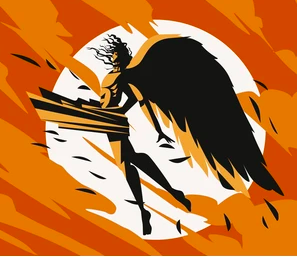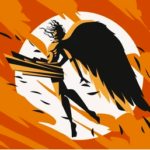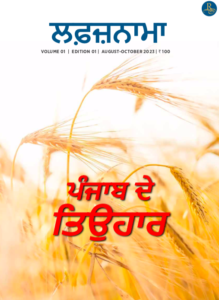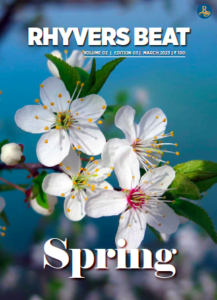AM I ANOTHER ICARUS?

About suffering they were never wrong,
The old Masters: how well they understood
Its human position: how it takes place
While someone else is eating or opening a window
or just walking dully along; (W.H. Auden)
The above lines by Auden from his memorable poem ‘Musée des Beaux Arts’ show the concept of suffering in its various shades. The painting highlighting Christ’s suffering and later another one depicting Icarus’s fall, perfectly represent the basic human tendency to be indifferent to other people’s suffering.
However, what intrigues me more is Icarus’s unfortunate fall. Mythological critics and historians have time and again referred to Icarus’s fall as a classic example of human folly, of one’s desire to attain the unattainable. Icarus’s father, Greek hero Daedalus crafted wings made of wax for their escape from the prison. During his flight, Icarus was enchanted by the brightly shining sun and therefore, attempted to reach it to have a close look at it. The wax wings melted and Icarus fell into the Aegean sea and drowned.
Let’s share another perspective to the age-old story. After all that is what a storyteller’s job is, isn’t it?
So, was Icarus really foolish to reach out for something that shone brightly and lured him? We all aspire to get up close and personal to the shining stars around us and more often than not, end up getting hurt like Icarus in the process. The ones that we admire from a distance; the ones we place on a high pedestal and the ones we aspire to emulate and imitate, are the bright stars of our sky and we go to great lengths to know them.
We put on our wax-wings, put in our maximum efforts and soar those skies where our bright star shines and then comes a day when we are in such proximity to the star that we are able to identify not only its bright spots but also the bleak ones. We try to overlook those dark patches in the star because we have spent most of our lives idol-worshipping it.
However, a stage comes when the heat infused with the darkness of the star, begins to singe our dermis. We try to pull ourselves away from the heat but the darkness like a black hole pulls us towards the centre of the star. The wax begins to melt, dripping from the sides and like Icarus, we realize, albeit a little late, that we are doomed!
The fall is certain. The doom is ensured. The singing, the scarring and the hurt are inevitable. Yet, the silver lining in all this is- not all of us may fall into the Aegean sea below us. Some of us are, even, fortunate enough to survive the fall and emerge stronger and wiser than before. Though scarred, we are sager than before. As Kahlil Gibran has put it,
Out of suffering have emerged the strongest souls; the most massive characters are seared with scars.
Those of us who have been let down by our shining stars, yet somehow have managed to live with our scars, will ultimately become tougher and with the passage of time learn to overcome our tragedies. We may be foolish like Icarus but we are not unfortunate like him.
Although the world is full of suffering, it is full also of the overcoming of it. (Helen Keller)















